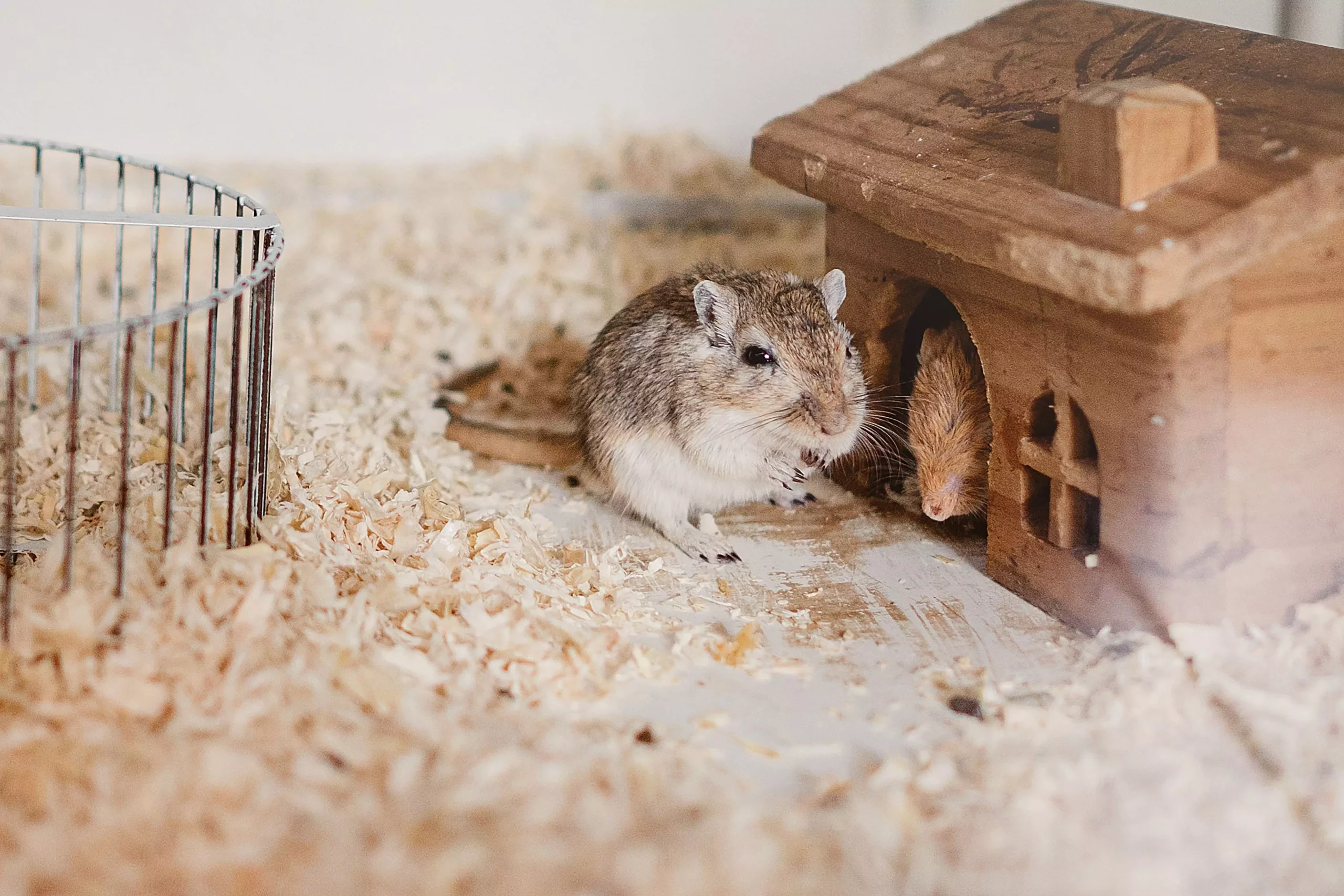As the winter season lingers in many regions, pet owners with small animals such as rabbits, hamsters, birds, and reptiles need to remain vigilant to ensure their comfort and health. Particularly in cold climates, these pets may face unique challenges that could lead to serious health issues if not managed properly. This article explores essential tips and practices that can help safeguard your small pets from the biting chill of winter.
Throughout the winter months, even the most common household pets can experience stress due to cold temperatures. Dr. Crystal Matt, a resident specializing in avian medicine, warns that animals typically regarded as healthy, such as guinea pigs and rabbits, might develop gastrointestinal issues like GI stasis when subjected to extreme cold. This condition is not only uncomfortable for the animal but can also require urgent care if not addressed promptly. Therefore, being prepared with critical care supplies is paramount.
The plight of pets in winter is often exacerbated by the fact that many small animals, particularly reptiles, have not evolved to cope with the artificial environments of our homes. Unlike cats and dogs, which have been bred for domestication, these creatures often require very specific temperature and environmental conditions. Consequently, ensuring your pet’s health before the winter season is crucial. Regular wellness examinations at your veterinarian can help uncover latent health issues that might worsen in colder weather.
Given the delicate nature of small pets, taking preemptive measures to create a safe and warm environment is key. Start by securing a reliable heating source, especially if your home tends to lose heat. Consulting with a veterinarian about the safe types of heating is critical, as some animals, like birds, are particularly sensitive to air contaminants.
Additionally, it’s wise to have backup heating options on hand, such as battery-operated heat sources, which can be especially useful during outages. Keep emergency supplies, including water bottles, since frozen pipes can prevent access to fresh water. Surprising yet practical suggestions include using air-activated hand warmers or even warming a potato to provide on-the-go heat for pets when traveling, such as during vet visits.
Winter storms can arrive unexpectedly, and their effect on pet care should not be taken lightly. Investing in adequate carriers and warm bedding can make a significant difference in an emergency. Dr. Matt advises that pet owners should always have contingency plans for dangerous weather. This might include having a friend or neighbor who can help check on your animals or taking them to a boarding facility if necessary.
To keep track of your pet’s welfare, ensure that someone is available to monitor them when you are away for extended periods. Even if your pet, such as a large reptile, has low feed requirements, regular check-ins can prevent potential health concerns that can arise quickly during extreme conditions.
While providing supplemental heat is a vital aspect of winter care, pet owners must also be cautious to avoid overheating their animals. Small pets can struggle with temperature regulation, and some, like Chinchillas, are more prone to overheating than cold. It’s critical to provide these creatures with an escape route from any supplemental heat sources when they feel uncomfortable.
Moreover, humidity levels can also pose a challenge during winter months. As indoor heating systems often dry out the air, pets may experience similar issues to humans, such as dry skin or respiratory problems. Many reptiles require specific humidity levels, and exposure to low humidity can lead to severe health repercussions. For pet owners, it is essential to consult with veterinarians regarding the optimal humidity levels tailored to your pet’s specific needs.
Lastly, maintaining an open line of communication with your vet is invaluable for the well-being of your small pets. Veterinary professionals can provide critical insights into the health risks associated with your particular species, guiding your efforts in ensuring their comfort during winter. Familiarize yourself with their advice on humidity, temperature, and the essentials needed for your pet’s care, as expert knowledge can vastly influence the quality of life for your beloved animals.
As winter brings its chill, being proactive in the care of small pets is crucial in safeguarding their health and happiness. By understanding the risks, creating a safe environment, and consulting with veterinary experts, pet owners can ensure their small companions are warm and well-cared for, even in the harshest climates.

